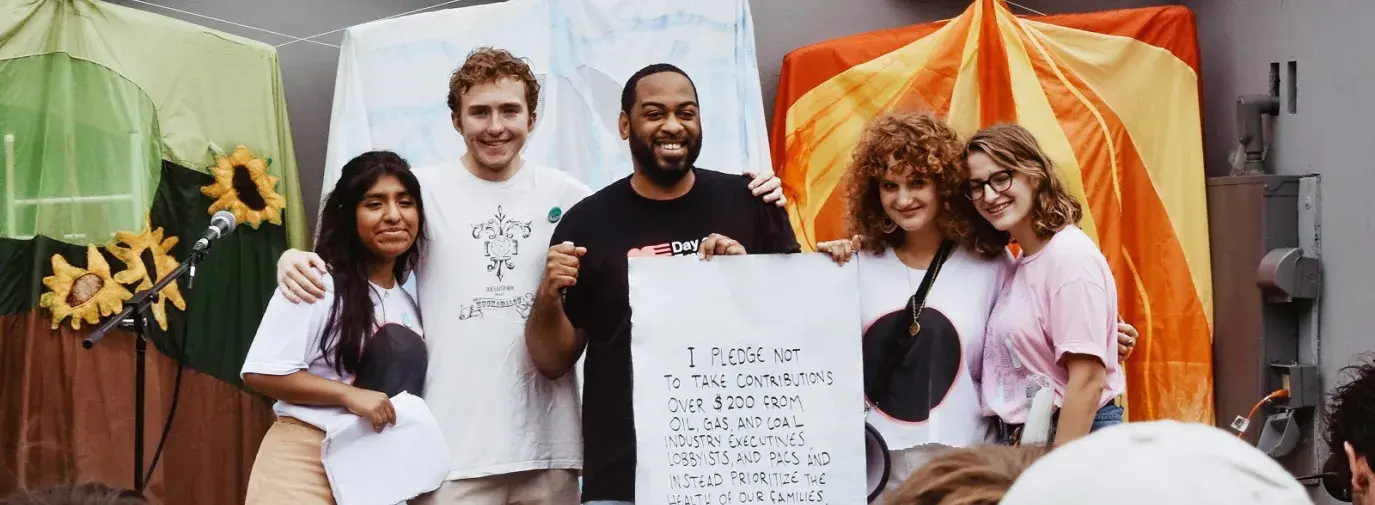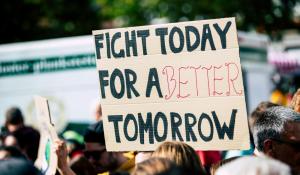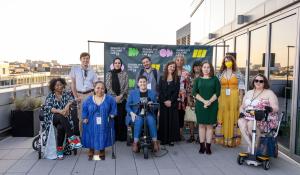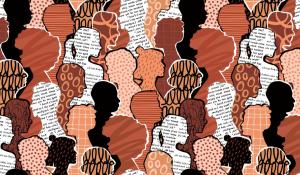
My entire life I’ve watched as Washington politicians abandoned Appalachia and rural communities, sacrificing their wellbeing for cheap resources. I’ve watched as fossil fuel billionaires and the politicians they’ve bought out, a pack led by Kentucky’s own Senator Mitch McConnell, kept millions of Americans in poverty, enriching themselves at the expense of their constituents.
But I’ve also watched thousands of young people striking, sitting-in, and rallying across the country for a Green New Deal. I’ve watched as they demanded clean air to breathe and water to drink, the right to a living-wage job that doesn’t pollute our home or bodies. As I’ve watched, I’ve become convinced that another world is possible, a world in which we invest in our home and one another, a place where everyone has access to healthcare and a good job no matter the color of their skin or who they love. This is the world of a Green New Deal.
I didn’t learn about this vision at school, where climate change is considered a debatable phenomenon, but in my community. I grew up in Eastern Kentucky, “coal country.” My farmhouse was filled with the smells of coleslaw, soup beans, cornbread, and occasionally the latkes my mom brought down with her from Westchester, a mashup of cultures. We had a yellow kitchen and a barn in the back, a couple of cows for company, and a garden if time allowed. In the back room, my mother played the piano while my dad’s Pete Seeger and Woody Guthrie floated from the stereo in the den.
We lived down the hill from my dad’s cattle farm, in the family for generations. Because of that, he never had to work in the mines. They were lucky: few families were left untouched, ravaged by black lung, contaminated water, or decimated land, swept up in the tidal wave of salvation by coal. Then, the coal industry packed up and fled, and I watched it, standing in the storm of inequality in its wake.
In September, I led hundreds of other young people to strike for climate justice and a Just Transition in front of the Louisville’s Metro Hall. All around the refrain of “Which Side Are You On?” sounded, a reminder of the United Mine Workers of the 1930s and their fight for a livable wage. In that moment, I knew Kentucky was ready for a Green New Deal, we just needed to remember a different part of our history to create it, the part before Mitch McConnell. I thought of my own parents, the future they had envisioned when I was born, and I started to think about the next ten years, the time we have left to radically shift our society to stay under two degrees Celsius of warming.
The Kentucky I’m fighting for under a Green New Deal is one that is returned to the people, free of the grasp held by exploitative industries. In my hometown, I see doctors administering free healthcare and educators providing job training for former miners. I see Lexington with a vast system of sustainable public transportation and affordable housing. In Western Kentucky, earning a living wage will no longer be a question for farmers using sustainable, regenerative ways of caring for the land. In Louisville, I can see the engineers maintaining locally powered energy grids that run not on coal but on solar and wind, I can see reparations in Black and Brown communities that have been dumping sites of pollution for far too long.
Above all, I see a Kentucky that works for everyone, and a future that I can believe in.
Lily Gardner is a 16-year-old leader in Sunrise Movement, a national movement of young people fighting to create good jobs and a livable future.







